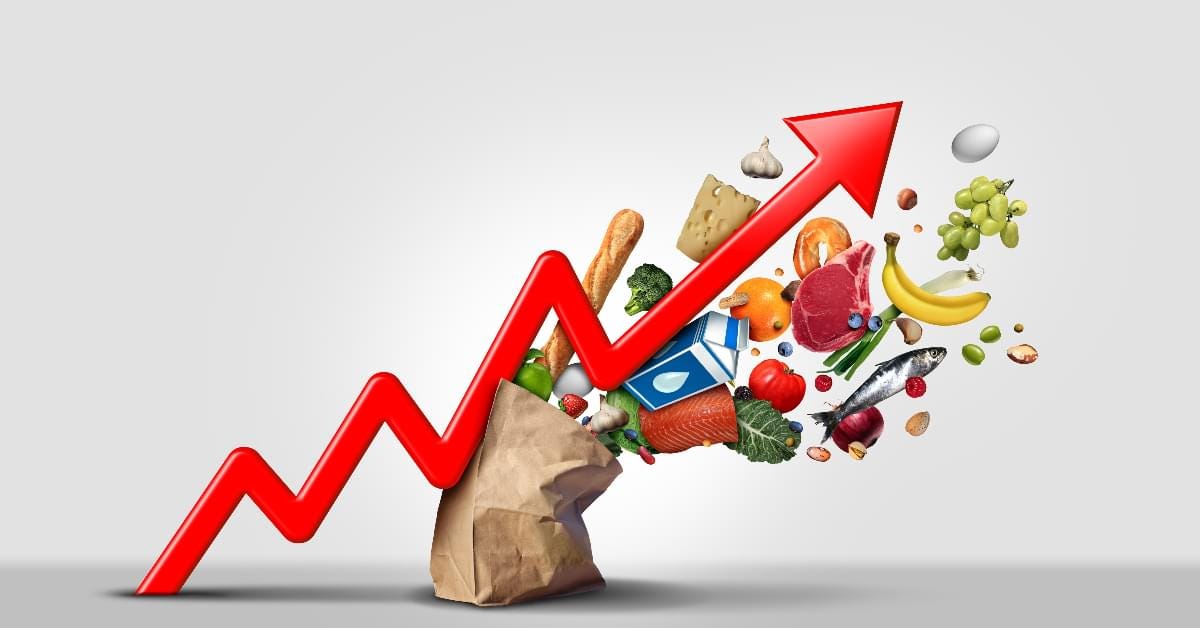
Inflation, a sustained increase in the general price level of goods and services in an economy over a period of time, can have widespread effects on a country’s economy and its citizens. This article explores the various impacts of inflation. In this article we will look at what pros like Kavan Choksi say.
Economic Growth and Investment
1. Stimulates Spending: In the short term, mild inflation can encourage spending and investment, as consumers and businesses anticipate higher prices in the future. This can stimulate economic growth.
2. Discourages Saving: As the value of currency decreases, people are less inclined to save money, which can lead to a decrease in capital available for investment.
3. Investment Uncertainty: High inflation can lead to uncertainty in the market, making it difficult for businesses to plan for the future and invest confidently.
Cost of Living and Wage Dynamics
1. Increased Cost of Living: As prices rise, consumers can buy fewer goods and services, leading to a decrease in living standards, particularly for those on fixed incomes or in low-wage jobs.
2. Wage-Price Spiral: In some cases, inflation can lead to a wage-price spiral, where workers demand higher wages to keep up with rising costs, and businesses increase prices to cover higher wage costs.
Government Policies and Debt
1. Fiscal Policies: Governments may adjust fiscal policies in response to inflation, either by increasing taxes to cool down the economy or by increasing spending to stimulate it.
2. Debt Servicing: Countries with high levels of debt can benefit from inflation, as it reduces the real value of their debts. However, it can also increase the cost of borrowing.
Income and Wealth Distribution
1. Widens Inequality: Inflation can exacerbate income and wealth inequalities, as it tends to hurt those with fixed incomes the most, while benefiting those with assets that appreciate in value.
2. Redistribution of Income: Inflation can lead to a redistribution of income from savers to borrowers, as the value of borrowed money decreases over time.
Sectoral Impact
1. Impact on Different Sectors: The effects of inflation are not uniform across sectors. Some industries may benefit from rising prices, while others, especially those with fixed-priced contracts, may suffer.
2. Import and Export Dynamics: Inflation can affect a country’s trade balance. A country with high inflation may find its exports becoming more expensive and less competitive, while imports become relatively cheaper.
Global Considerations
1. Exchange Rates: High inflation can lead to a depreciation of the country’s currency, affecting international trade and investment.
2. Global Supply Chain: Inflation in one country can have ripple effects on global supply chains, affecting production costs and prices internationally.
Psychological and Social Effects
1. Expectations: People’s expectations about future inflation can be self-fulfilling, influencing their spending and saving behavior.
2. Social Unrest: Prolonged or very high inflation can lead to social unrest, as people struggle with the rising cost of living.
Inflation is a complex phenomenon with diverse impacts. While it can drive economic growth in moderate levels, uncontrolled inflation can have detrimental effects on an economy, influencing everything from individual spending habits to global trade dynamics. Effective management of inflation is crucial for the stability and prosperity of an economy.





More Stories
The Digital Test Drive: The Role of Reputation Management in Automotive Branding and Customer Retention
Digital Bill Systems Becoming a Common Way to Manage Monthly Expenses
Where Taste Meets Style: Unforgettable Dining Experiences Inside Dubai Mall